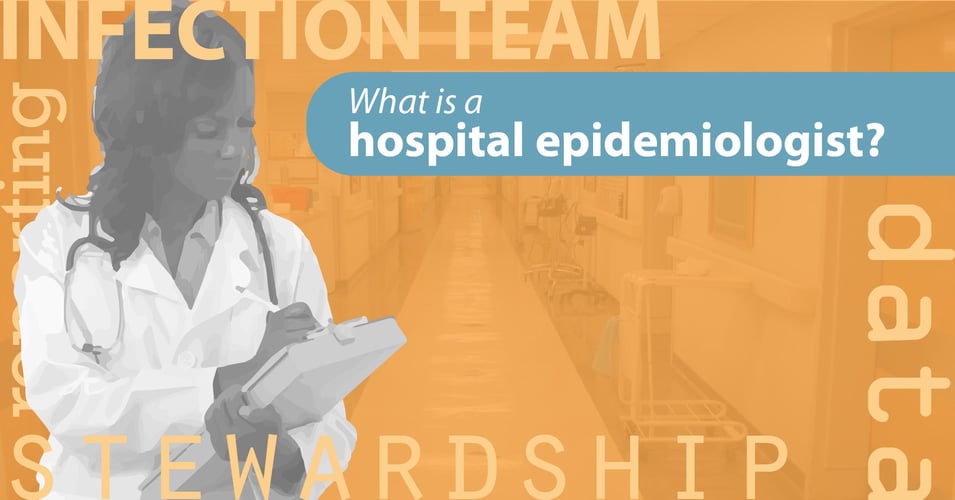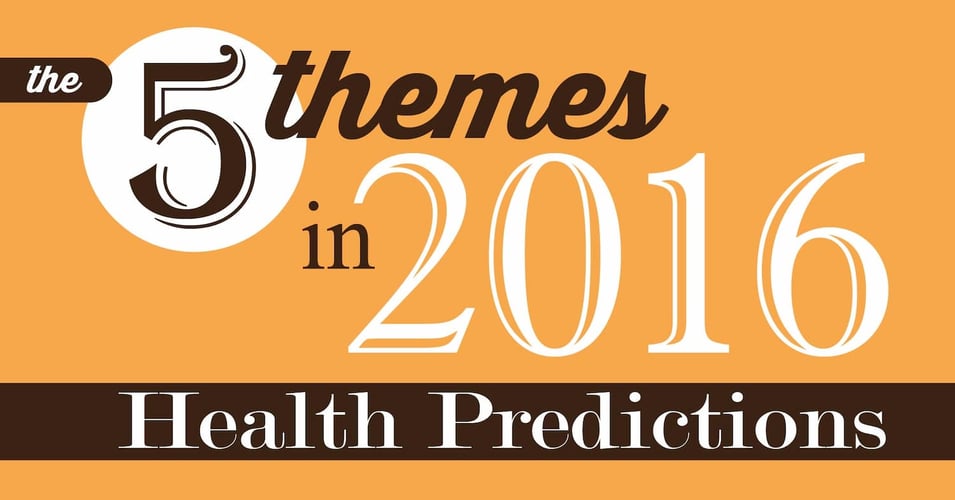2 min read.
Career Focus: What is a hospital epidemiologist?
Epidemiology is a branch of medicine that studies the way disease moves through human populations, from outbreak to control. The word epidemic itself...
![EOScu Logo - Dark - Outlined [07182023]-01](https://blog.eoscu.com/hubfs/Eoscu_June2024/Images/EOScu%20Logo%20-%20Dark%20-%20Outlined%20%5B07182023%5D-01.svg)





